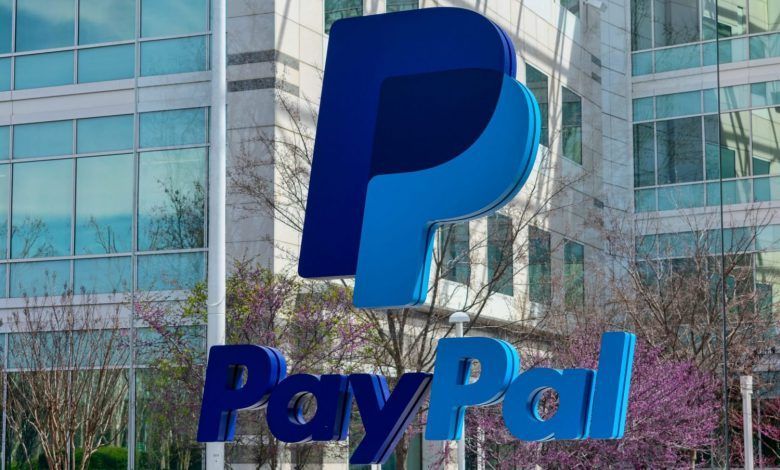PayPal to restrict some NFT transactions for its Seller Protection program

PayPal has revised its merchant-focused vendor protection program to exclude NFT transactions that run above $10,000.
Based on the changes introduced to the guidelines on February 11, the policy will become effective from March 21. The update emphasized “revising PayPal’s Seller Protection program to expand the list of ineligible items to include certain Non-Fungible Tokens (NFTs) with a transaction amount of more than $10,000 USD."
Another document showcasing the fully amended Seller Protection program agreement revealed that "art, media, antiques, or collectibles, in physical or digital form, as represented by a Non-Fungible Token (NFT), with a transaction amount of more than $10,000 USD or equivalent value in local currency as calculated at the time of the transaction" will be among the items ineligible for protection.
The sole purpose of PayPal's Seller Protection program is to provide merchants who use the payment service some protection against refunds and other disputes. The seller protection boots if a transaction gets reversed due to successful chargeback by a buyer.
The revision comes at a time when tax authorities in the U.K. seized NFTs linked to an alleged $1.8 million NFT fraud case.
Several sites have cautioned consumers to check for authenticity considering the increased rate of scams and rug pulls.
Some of the common NFT scams include fake minting, deadlinks, and Discord hacks, where fraudsters gain administrator-level access to a Discord server and post a fake minting link.
PayPal’s move to restrict NFT transactions that are above $10,000 prevents buyers from losing money in a lump in case of fraud.
Check our guide of the most promising crypto




